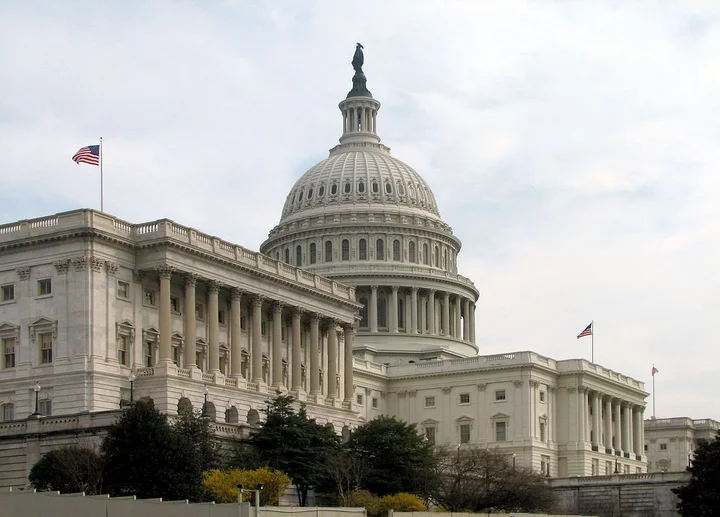“…we are stuck with our undemocratic Senate – a powerful federal policy-making body designed to frustrate the popular will.”
— Second-Rate Democracy website
###
Consider a football game in which 11 players on one team are opposed by 143 players on the other, that is, 13 to 1. Hardly fair, obviously, but what counts as fair in sports doesn’t apply to that other great American institution, politics. For example, when it comes to choosing Senators, it takes 13 votes here in Humboldt County, California, to match a single vote in Humboldt County, Nevada. Such is the undemocratic system by which the 100-member US Senate is elected, two Senators per state, large or small. Here in California, 40 million of us get two Senators to represent us, while the 40 million people living in the 22 smallest states (by population) get 44 Senators.
Bottom line: 51 Senators (a majority) can be voted in by just 17% of the US population, and those small-population states wielding enormous power (like largely rural Wyoming, Idaho and the Dakotas) tend to be white and conservative.
The US Senate commands enormous authority. For instance, 100 Senators confirm or reject nominees to the Supreme Court. Obama’s nominee Merrick Garland was blocked by Senate Republicans representing 20 million fewer people than Democrats supporting him, while Trump’s Neil Gorsuch was appointed despite being opposed by 45 Democrat Senators representing 25 million more voters than the 55 Republicans who supported him. Similarly with Brett Kavanaugh and Amy Coney Barrett, both voted in by Senators representing a minority of voters. (These last three justices were appointed by a double minority, in that Trump lost the popular vote to Hillary Clinton by nearly 3 million votes.)
Our undemocratic Senate is also the obstacle to reforming the absurd Electoral College system, which, as I understand it, came about as a result of a constitution written by slaveholders whose goal was to make it impossible for slavery to be ended constitutionally, by giving a disproportionate amount of power to a minority of states.
US Senate side of the Capitol Building in Washington, DC (Scrumshus, public domain)
Historically, the Senate also has acted as an impediment to progress. For instance, the US Senate:
- Voted against ratification of the League of Nations treaty in 1919 after WW1
- Delayed passage of anti-lynching and civil rights legislation after WW2
- Blocked the 1990s Clinton administration’s proposed universal healthcare program
More recently, the Republican-controlled Senate:
- Blocked recent attempts to pass gun control legislation
- Opposed measures to mitigate global warming
- Voted against proposals to lower prescription drug costs
- And (of course!) killed attempts to reform voting and campaign finance
Of course, democracy (from Greek people + rule) was always an ideal. In ancient Greece, where the idea arose some 2500 years ago, only 1 in 4 adult residents in (slave-owning, misogynistic) Athens could vote. That was a direct democracy, while here we have a representative democracy, where we elect members of Congress and Senators to represent us. But what a farce, when so many of us are so blatantly underrepresented. A recent story in The Atlantic on democracies worldwide claimed that only two upper chambers — in Argentina and Brazil — are less unrepresentative than ours, in hewing to the principle of “one person, one vote.” And such is our system that reform is near-impossible: our undemocratically-elected representatives will see to that!
Does anyone actually care? Seems not. According to a 2016 poll, 54% of Americans are unaware that each state has two US Senators.

CLICK TO MANAGE